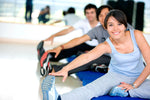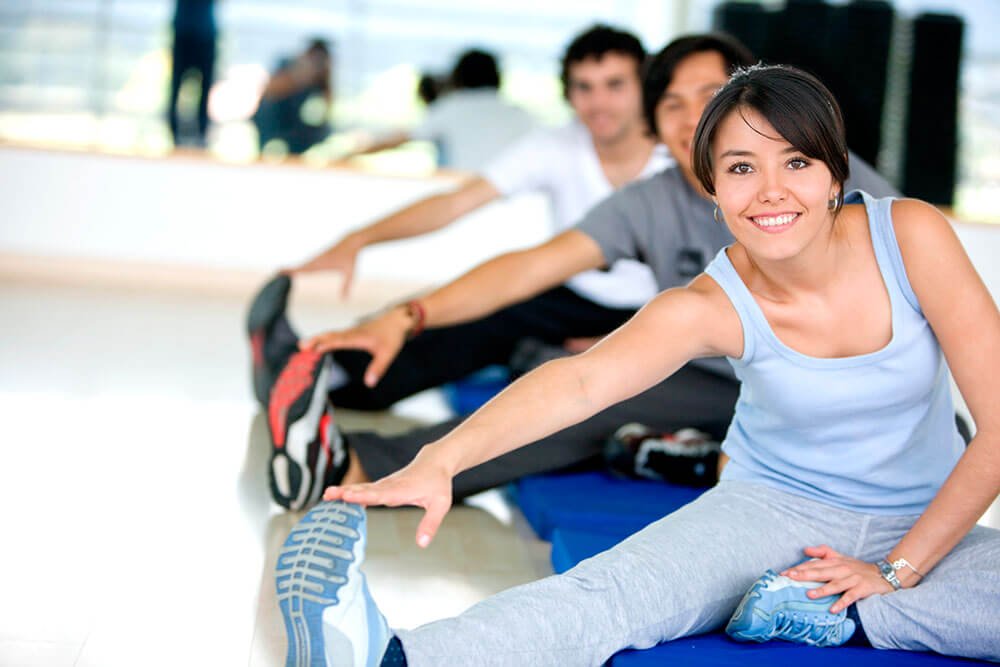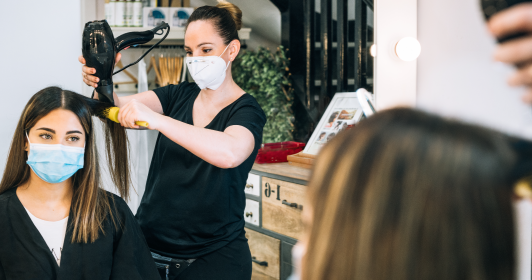
Joints and Exercise
, by Cheri Rifkin, 2 min reading time

, by Cheri Rifkin, 2 min reading time

I don’t know about you, but at my age it seems that it doesn’t take much to be sidelined with a nagging injury that keeps me from doing the things I love to do. Since I stopped trail running and started cycling about four years ago, I’ve been relatively pain-free. My knees are in great shape now and I don’t have any more ankle tweaks and hip soreness (although skiing bumps all day will definitely produce a flair-up). A cycling crash last year resulted in a fractured wrist and this year, an overabundance of tricep kickbacks left me with what feels like tendonitis. I could finally do push-ups again but now the elbow is keeping me from doing a lot of upper body toning.
I’m ready to do something about it. In order to avoid future aches and pains, I plan on adding stretching and strengthening exercises as part of my routine and work to reduce inflammation around the tendon. The chair yoga pose (ankle over opposite knee and drop as though you were sitting in a chair) is great for a hip opener. The runner’s lunge is great for stretching the hamstrings and calves. The heel drop is good for ankle and foot joints and the calves (be careful not to drop your heel too quickly). A shoulder stretch is good for the chest, back and shoulders and the forward bend is great for the hamstrings. Check out more stretching exercises on the internet for a full series of stretches.
Ice for 10-15 minutes, three times per day and natural anti-inflammatories will help as well. Arnica is my favorite homeopathic for bruising, sprains and strains. Ruta Gravolens is the best homeo for tendonitis but I have to remember to take it on a regular basis. Supplements can really make a difference, too. Omega-3 fatty acids have been shown to reduce risk of osteoarthritis and glucosamine with chondroitin has been shown to help rebuild cartilage and provide pain relief. Ginger helps lessen knee pain (and is great for motion sensitivity). Hyaluronic acid (HLA) works as a cushion and lubricant in the joints and other tissues. It’s also helpful to use RICE (rest, ice, compression and elevation) to help heal joint pain.
Joints hold our bones together, keep us moving and allow us to walk, bend over, and grasp an object, among many things. Joints are comprised of bone, ligaments, cartilage, muscles and tendons. The ligaments connect bone to bone with tough elastic bands. Cartilage is the protective tissue that covers the end of your bones at the joint. Muscles are bands of fibrous tissue that control joint movements. Tendons connect muscle to bone with connective tissue on both sides of the joint.
The best exercises to protect your joints would be low-impact in nature; cycling, swimming, walking, elliptical trainer, and yoga. I want to be able to enjoy skiing with my kids, cycling with my training partners and working out and hiking with my husband for years to come. Take care of yourself and your body!


![PRōZE Review [2020 Update]](http://hihealth.com/cdn/shop/articles/cbd_insider_article_graphic_featured_image-11.jpg?v=1591495027)